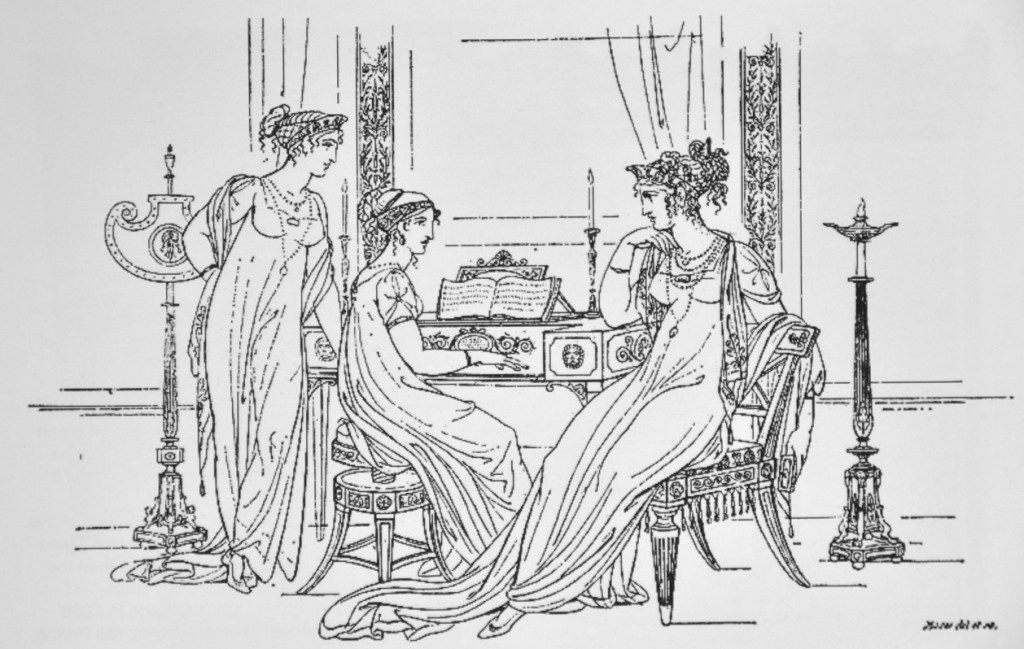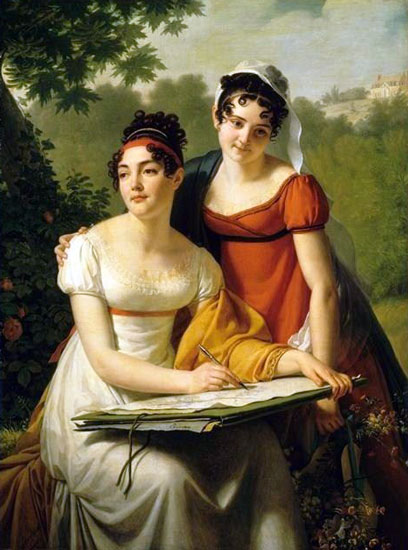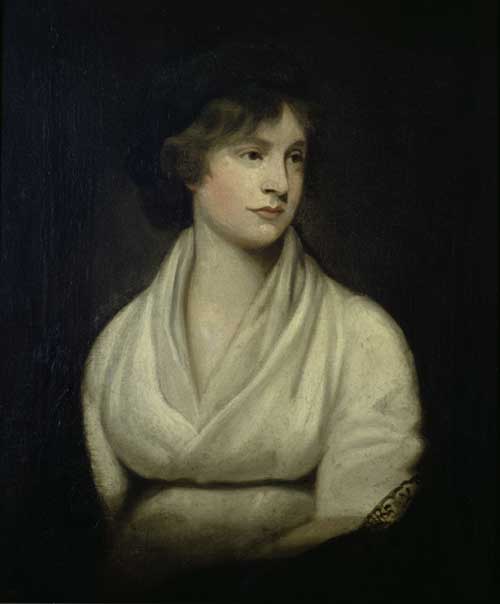
March is Women’s History Month (in the U.S.). It’s also National Reading Month and National Nutrition Month. I thought of writing about how these can be related. (Reading feeds our minds, and how about reading about women? And writing about them, of course.) But instead, let’s talk about real heroines of the Regency period. (See giveaway details at the end.)
Wikipedia lists fifty-three “Women of the Regency Era” who have their own pages. They range from the obvious (Jane Austen) to the notorious (Harriet Wilson) to the questionable (Princess Caraboo). But rather than list them here, or try to even scratch the surface of this topic, I’d like to invite you to chime in with your favorite candidates. Who were the real heroines of our period?

I would hold that merely existing in the period isn’t enough. What qualities do we expect heroines to demonstrate? Courage, for one, I’m sure you’d agree –no matter what time period she lives in. Certainly in real Regency heroines, courage was necessary to pursue any course outside of normal expectations. Tenacity is another one I am sure was needed just to live any kind of satisfying life as a woman in the early 19th century. What else? And who comes to your mind?
Let’s think about the various ways in which women could be “significant”. Which of these women contributed to the betterment of society, or added to the knowledge or literacy of our world? Or gave their support (sometimes invisibly) to men who accomplished significant things? What other ways did they make impacts?
And also, I would make a distinction between fame and significance. Certainly Lady Emma Hamilton’s beauty and choices made her infamous in her own time and famous even today. Do you think she made the best life out of the limited choices she had? Does she belong on the list of significant women?

I’ll start, offering Mary Wollstonecraft. While she lived almost too early to be included, she was only 38 when she died in childbirth, producing the daughter who would become Mary Shelley. That was in 1797, five years after she published her Rights of Women. Can you imagine what her life might have been like, or what controversies she might have stirred up, if she had lived on into the full Regency era? And I would say she gave us a daughter who also became a significant woman of the Regency.
Perhaps I’ll print the names on Wikipedia’s list a bit later this month, after we’ve had some time to discuss this topic. I wonder how many of them we can come up with on our own, and how many we’ll feel can be classified as heroines?
I’ll even offer this: a free ebook to one commenter, either chosen randomly or if one person stands out as offering the most interesting response, by the end of March. Offering a book feels right during National Reading Month!!

![DUKE'S GUIDE TO CORRECT BEHAVIOR cover[2]](https://authors.riskyregencies.com/wp-content/uploads/2014/05/DUKES-GUIDE-TO-CORRECT-BEHAVIOR-cover2-185x300.jpg)
 The Fallen Woman.
The Fallen Woman.